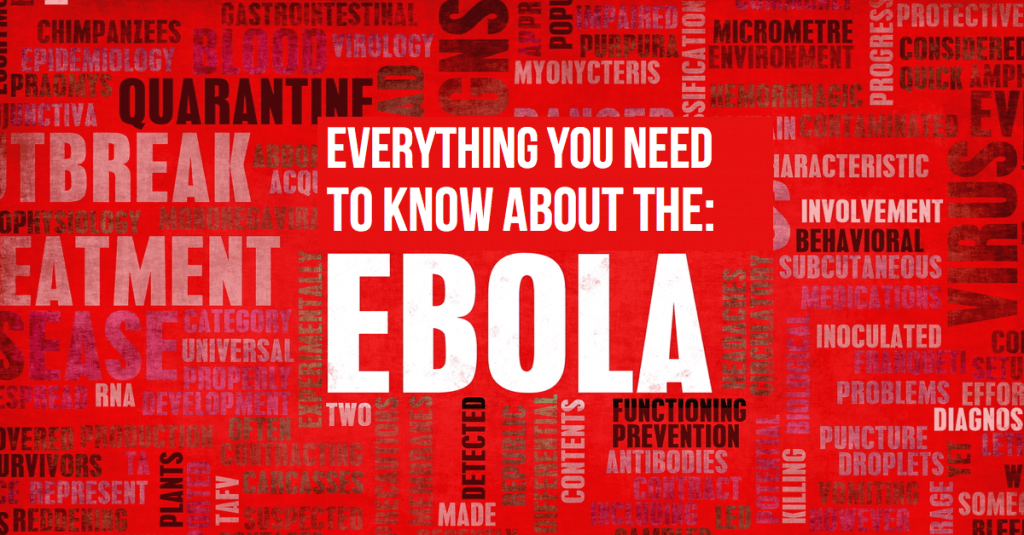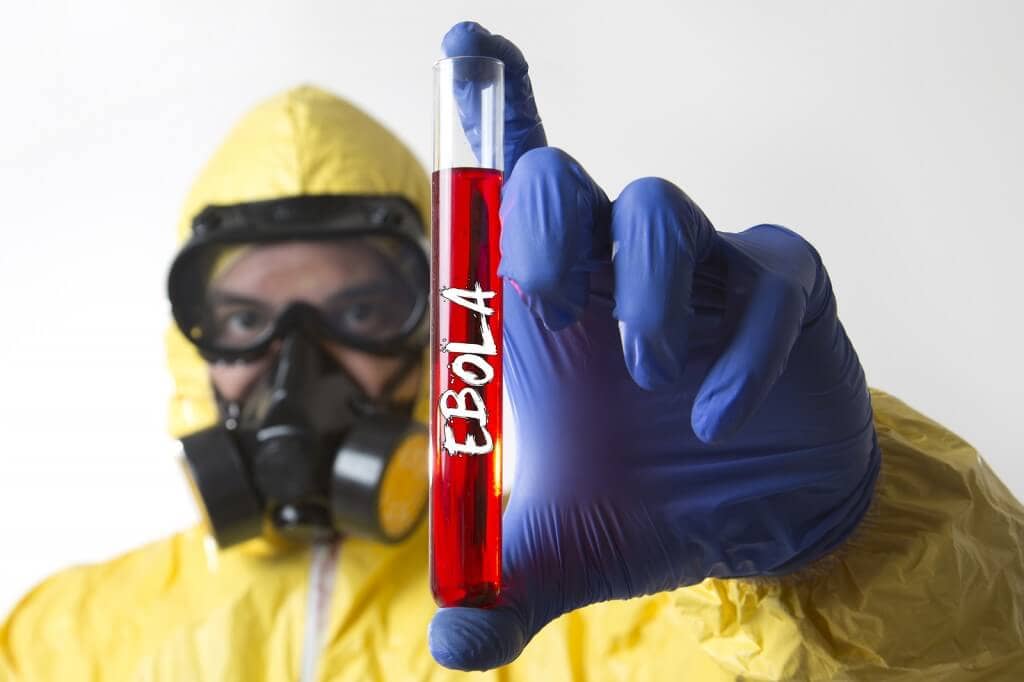Everything You Need To Know About The Ebola Virus
As Ebola ravages the West African countries of mainly Liberia, Guinea and Senegal, it has caught the attention of people from all cline and color. One case has also been recently reported in the US. This means that it is not just in Africa but also here in the U.S. So what is Ebola? How is it spread? What are the symptoms? In this article, we tell you everything you need to know about the Ebola virus.
What is Ebola?
Ebola is a disease caused by a virus and which results to viral hemorrhagic fever. According to CDC (Centers for Disease Control and Prevention), the Ebola virus encompasses a group of viruses affecting multiple organ systems in a person’s body and tend to come with bleeding.

It derives its name from Ebola River in DRC (Democratic Republic of Congo) where the first outbreak occurred in 1976. Another outbreak was reported in Sudan the same year.
The World Health Organization says that 5 strains of Ebola exist and the strains are generally named after areas in which they originated. Three of the strains have been linked with severe hemorrhagic fever outbreaks in Africa. These strains are Bundibugyo, (an area in Uganda where this Ebola strain was discovered back in 2007), Zaire and Sudan subtypes.
There has only been one instance of the Ivory Coast Ebola. This was discovered in 1994 when a researcher, who was then studying chimpanzees, became ill. The researcher recovered.
The last strain is known as Reston Ebola, named after Reston (an area in Virginia, U.S.). This Ebola strain was discovered in monkeys that had been brought from Philippines.
What are the symptoms?
Initial Ebola symptoms include intense weakness, fever, headache, muscle pain and sore throat. Later on, these symptoms will be followed by diarrhea, rash, vomiting, impaired liver and kidney functions. In some cases, the symptoms even include internal bleeding and external bleeding, according to the World Health Organization (WHO).
Generally, the symptoms would appear 8-10 following an infection, CDC estimates. According to WHO, lab tests carried out on contaminated individuals have found low counts of platelets and white blood cells.
How is the Virus Spread?
Ebola virus is transmitted from the wild animals to human beings. In humans, the virus is spread mainly through coming into contact with bodily fluids of the person who has been infected. Also, according to CDC, exposure to objects like contaminated needles can also transmit the virus. It is recommended that you avoid any form of contact with the feces, blood and other bodily fluids of the infected person.

However, you won’t catch the virus by merely sitting closely to the infected person. But if the person sneezes on you, a lot of their sweat gets on you or they bleed on you, there is a chance of transmission since there has been a transfer of bodily fluids from the person to you. Ebola though, is not airborne. For you to be infected, you need these obvious things to happen.
Are there drugs that treat or even prevent Ebola?
Although a dozen Ebola drugs are under development, not a single one has been approved by FDA. A good number of these drugs have been approved to be used for emergency to arrest the current crisis. ZMapp is one such drug and it has been used to treat at least 2 patients in the U.S.
The World Health Organization also suggests that blood from survivors of Ebola can be used to treat the disease although no evidence exists as to whether that treatment can work.
The U.S government is planning to fast-track the development of vaccine that has been effective in protecting macaque monkeys although there is no certainty that the vaccine will work in humans.
Managing the Outbreak
How can you keep away from Ebola?
While the natural Ebola host is still unknown, scientists believe that it is the fruit bat. Where it is suspected that there is an outbreak in animals, the best thing to do is to have those animals quarantined. The infected ones should then be culled, and their carcasses be buried or incinerated, WHO advises.

In this latest outbreak, transmission is mainly human-to-human especially where a person gets into express contact with bodily secretions, fluids, an infected person’s broken skin or coming into contact with mucous membranes, according to WHO.
Other preventive measures include:
• Routinely cleaning as well as disinfecting farms so as to inactivate Ebola virus
• Wash your hands after you have visited patients in hospital. Also, thoroughly wash your hands after caring for the infected ones at home
• Inform the appropriate authority in case a community is infected so that containment measures may be taken
• Victims of the virus should be buried fast and safely and any contact with the corpse should be avoided.
How is the outbreak being tamed?
At the moment, West Africa medical officials are isolating Ebola patients. Also, people who have had some contact with patients are being encouraged to watch their temperatures.
Meanwhile, Liberian president Sirleaf Johnson has closed a good number of the country’s border with surrounding countries. Any few centers remaining are set to have centers for testing Ebola. Also, the president has restricted public gatherings and instructed restaurants, bars as well as other entertainment venues to air a 5-minute video regarding Ebola safety.
The Centers for Disease Control and Prevention, CDC, has alerted United States health workers to be on the lookout for any patients who may have traveled recently from West Africa and who might have contracted the virus.
Why does the Ebola virus generate such fear?
The World Health Organization describes Ebola as among the most deadly diseases to have ever affected mankind. The disease is highly infectious and can kill up to 90% of people infected with the virus. At the moment, the disease does not have a vaccine. Of the five subtypes of Ebola strain known, the deadliest is the Zaire strain, which was also the first to be discovered.
According to WHO, preliminary tests on Ebola done in March in Guinea indicate that this latest outbreak was a strain but this is yet to be confirmed. Basically, this is everything you need to know about the Ebola virus.

Conclusion
Ebola is a deadly disease that kills up to 90 per cent of people infected with the virus. Although it is contagious, you can stay away from it if you know about it, what causes it, how to prevent and treat it. The above information will help you better be aware of the epdermic and even keep away from it.

